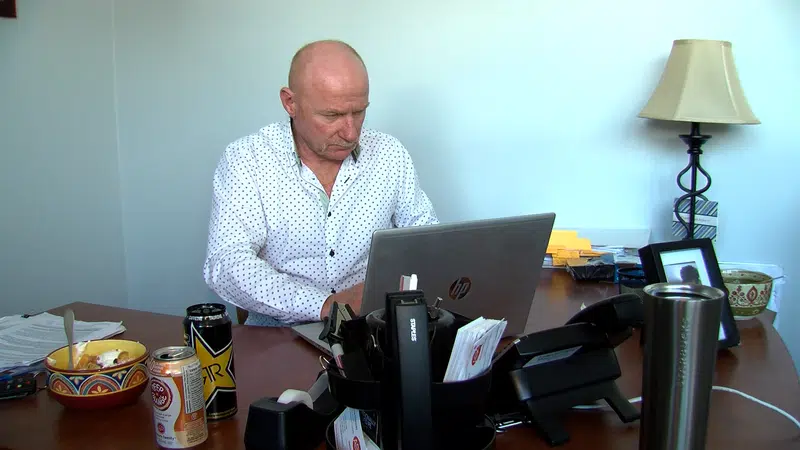
While overdose crisis improves, advocates say treatment for addictions needs to get better
KAMLOOPS — It’s National Addiction Awareness Week. Advocates in Kamloops say the week dedicated to addictions speaks to how damaging it has been in the community and across the country, especially around the overdose crisis.
They acknowledge the situation has turned around, but there is still more to be done.
“This is a call to action this week for our community and for the province and the country to say that we’ve been living in an unprecedented addictions crisis that I don’t think we’ve ever seen before,” said ASK Wellness CEO Bob Hughes.


